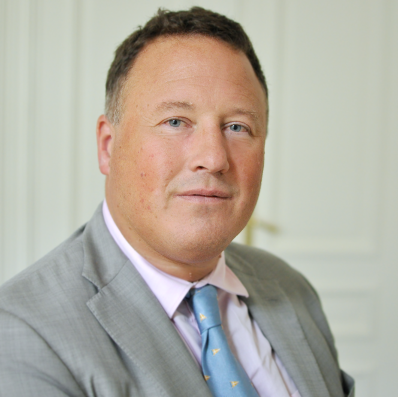You might not think that Viktor Orbán, Hungary’s right-wing Prime Minister, and his left-wing Greek counterpart, Alexis Tsipras, have much in common. However, this week in Budapest they both gave keynote addresses to the World Health Organization’s (WHO) Regional Committee for Europe.
Both sang the praises of WHO, all be it hitting a few divergent notes. The new WHO Director-General, Dr Tedros Adhanom Ghebreyesus, was also in Budapest. He seems to be achieving his aim of mobilising political leaders to support global health. But how broad a coalition will Dr Tedros be able to build?
Just over two months into his new job (he took up post on 1 July) Dr Tedros is doing a tour of WHO’s “regional offices” and meeting their governing bodies – the Regional Committees. He is presenting himself, his vision and his priorities. On Tuesday this week he addressed the assembled health ministers and officials from 53 European and Central Asian countries who together comprise the Regional Committee for Europe. Dr Tedros laid out five priorities for WHO’s 2019 – 2023 General Programme of Work.
- Prevent, detect and respond to epidemics and other health emergencies, as well as to fight antimicrobial resistance;
- Provide health services in emergencies and help rebuild health systems in fragile, conflict-affected and vulnerable states;
- Progress towards universal health coverage;
- Achieve the specific UN Sustainable Development Goals health targets; and
- Provide global governance for health.
Of these, Dr Tedros once again emphasised universal health coverage as his top priority. Achieving progress will mean persuading all countries to invest in their health systems. This takes WHO into the fields of policy leadership and advocacy. “WHO should not be shy about engaging with world leaders. Our cause is too important; the stakes are too high. Meaningful change happens when political leaders are engaged. WHO must therefore not be afraid to go beyond the technical to the political in pursuit of its mission.”, Dr Tedros told delegates.
The European Regional Committee was, of course, supportive. Universal health coverage is something that the countries on it aspire to – and which most would claim to achieve. Prime Ministers Orbán and Tsipras may disagree over details, such as whether universal health coverage should apply to migrants. But both can happily support Dr Tedros’s mission statement that WHO should “Keep the world safe, improve health and serve the vulnerable” Indeed, world leaders such as President Robert Mugabe of Zimbabwe and the philanthropist Bill Gates also support it. Robert Mugabe said as much when he hosted and spoke at the WHO Regional Committee for Africa last month (which Dr Tedros also spoke at), while Bill Gates is reported to have had a positive meeting with Dr Tedros in the US in June.
Who, then, could possibly object to Dr Tedros’s agenda?
Well, there is one large country that might not sign up to it. Although the United States endorsed the concept of universal health coverage in the UN’s Sustainable Development Goals of 2015, that was under the Obama administration. The Trump administration is slashing the budgets for the US State Department, Health & Human Services and USAID. Increased spending on health in other countries is not high on the new administration’s agenda, while the question of what the US’s own health system should look like is in political deadlock. The governing body of WHO’s Region of the Americas meets in Washington DC from 25-29 September. It will be interesting to see who from the Trump administration attends and what they have to say.
Meanwhile, back in Europe, not everyone is thrilled by the prospect of WHO playing a more political role. Some health officials get upset when WHO engages directly with political leaders, rather than going via the Ministry – or Directorate-General – for Health. There was just a hint of this in the address given to the Committee by Xavier Prats Monné, Director-General for Health & Food Safety at the European Commission. Somewhat overshadowed by Prime Ministers and Royalty, Mr Prats Monné acknowledged the importance of the Commission and WHO working together on issues such as managing pandemics, promoting vaccination and combatting antimicrobial resistance. However, the Commission warned: “Our citizens will not forgive our two organizations if we are not capable of overcoming differences so we both work for the same agenda.”
